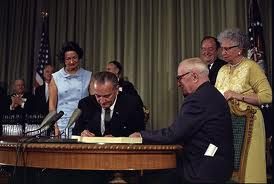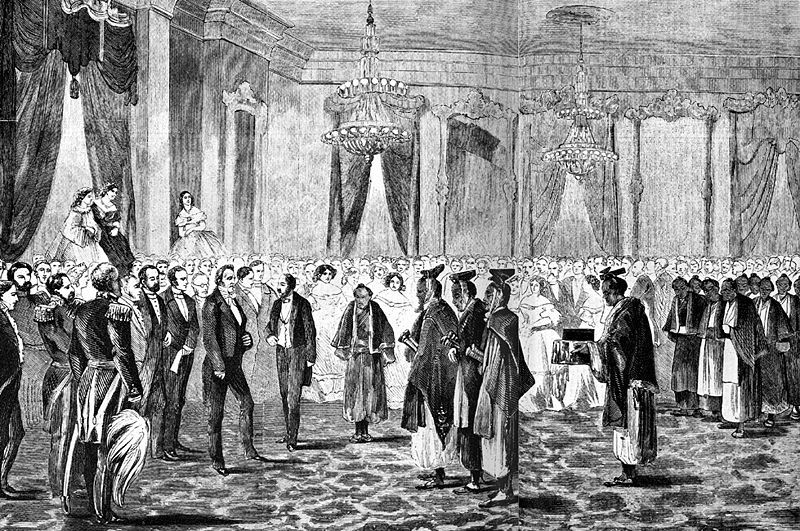This is your morning Open Thread. Pour a cup of your favorite morning beverage and review the past and comment on the future.
August 2 is the 214th day of the year (215th in leap years) in the Gregorian calendar. There are 151 days remaining until the end of the year.

Fifty-six congressional delegates in total signed the document, including some who were not present at the vote approving the declaration. The delegates signed by state from North to South, beginning with Josiah Bartlett of New Hampshire and ending with George Walton of Georgia. John Dickinson of Pennsylvania and James Duane, Robert Livingston and John Jay of New York refused to sign. Carter Braxton of Virginia; Robert Morris of Pennsylvania; George Reed of Delaware; and Edward Rutledge of South Carolina opposed the document but signed in order to give the impression of a unanimous Congress. Five delegates were absent: Generals George Washington, John Sullivan, James Clinton and Christopher Gadsden and Virginia Governor Patrick Henry.
The United States Declaration of Independence is a statement adopted by the Continental Congress on July 4, 1776, which announced that the thirteen American colonies then at war with Great Britain were now independent states, and thus no longer a part of the British Empire. Written primarily by Thomas Jefferson, the Declaration is a formal explanation of why Congress had voted on July 2 to declare independence from Great Britain, more than a year after the outbreak of the American Revolutionary War. The birthday of the United States of America-Independence Day-is celebrated on July 4, the day the wording of the Declaration was approved by Congress.
The Declaration justified the independence of the United States by listing colonial grievances against King George III, and by asserting certain natural rights, including a right of revolution. Having served its original purpose in announcing independence, the text of the Declaration was initially ignored after the American Revolution. Its stature grew over the years, particularly the second sentence, a sweeping statement of individual human rights:
We hold these truths to be self-evident, that all men are created equal, that they are endowed by their Creator with certain unalienable Rights, that among these are Life, Liberty and the pursuit of Happiness.
This sentence has been called “one of the best-known sentences in the English language” and “the most potent and consequential words in American history”.
After finalizing the text on July 4, Congress issued the Declaration of Independence in several forms. It was initially published as a printed broadside that was widely distributed and read to the public. The most famous version of the Declaration, a signed copy that is usually regarded as the Declaration of Independence, is on display at the National Archives in Washington, D.C. Although the wording of the Declaration was approved on July 4, the date of its signing has been disputed. Most historians have concluded that it was signed nearly a month after its adoption, on August 2, 1776, and not on July 4 as is commonly believed. The sources and interpretation of the Declaration have been the subject of much scholarly inquiry.
The famous wording of the Declaration has often been invoked to protect the rights of individuals and marginalized groups, and has come to represent for many people a moral standard for which the United States should strive. This view was greatly influenced by Abraham Lincoln, who considered the Declaration to be the foundation of his political philosophy, and who promoted the idea that the Declaration is a statement of principles through which the United States Constitution should be interpreted.





